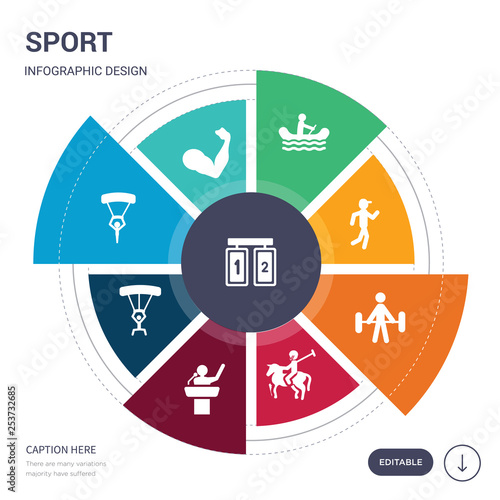The Impact Of Youth Martial Arts Educating On Scholastic Accomplishment And Focus
The Impact Of Youth Martial Arts Educating On Scholastic Accomplishment And Focus
Blog Article
Team Writer-Suhr Hinrichsen
Tip onto the floor covering of understanding and reveal the covert power that youth martial arts possess.
Like a well-sharpened sword, the influence of these old techniques on scholastic performance and focus is a force to be reckoned with.
As you delve into the depths of this conversation, you will discover the capacity for improved cognitive capabilities, enhanced focus skills, and a considerable increase in academic performance.
However the journey does not finish there, for the true keys exist within the pages yet to be explored.
Enhanced Cognitive Abilities
Improved cognitive capabilities have been observed in young people that participate in martial arts. By participating in women's martial arts training, you can improve your cognitive functions such as interest, emphasis, and memory. The physical motions and methods associated with fighting styles require psychological control and concentration, leading to boosted cognitive abilities.
Research studies have actually revealed that regular involvement in martial arts can boost information processing rate and executive functions, which are critical for scholastic success. Fighting style training additionally helps to enhance analytical abilities and decision-making capabilities, as professionals find out to assess and react rapidly to different circumstances.
In addition, martial arts method advertises self-control and self-constraint, which are crucial qualities for efficient knowing and scholastic achievement.
Boosted Concentration Skills
How can martial arts training enhance your capacity to focus?
Fighting style training can substantially boost your focus skills. Via the practice of numerous strategies and activities, you're required to concentrate your focus on the job available. This constant engagement helps to educate your mind to stay present and focused.
Martial arts also show you to shut out diversions and keep a high level of focus even in demanding circumstances. The repeating of motions and strategies throughout training assists to establish muscle mass memory, permitting you to perform activities with accuracy and performance.
Additionally, fighting styles training frequently includes mental workouts such as meditation and mindfulness, which better enhance your ability to concentrate and keep focus.
Boosted Academic Performance
Martial arts training can considerably improve your scholastic efficiency by cultivating discipline, focus, and self-esteem.
When you practice martial arts, you learn to establish goals, produce routines, and manage your time successfully. These skills convert into improved research study habits and better scholastic efficiency.
Martial arts likewise instruct you to stay concentrated and focus on the task handy. This boosted capability to focus can considerably profit your understanding experience, permitting you to soak up and keep info more effectively.
Moreover, the self-confidence gained with fighting styles can positively affect your scholastic efficiency. Counting on https://www.galesburg.com/story/news/2022/04/14/badger-combatives-owner-and-coach-provides-safety-tips/7280395001/ and having a positive way of thinking can help you conquer difficulties, take dangers, and reach your complete scholastic capacity.
Conclusion
Young people fighting styles have a significant influence on scholastic performance and focus.
Study reveals that trainees that join martial arts experience boosted cognitive capacities, improved focus skills, and improved academic performance.
As a matter of fact, a research study discovered that students that participate in normal fighting styles training have a 15% greater grade point average compared to those that don't.
This statistic highlights the positive connection in between martial arts and academic success, stressing the relevance of including such tasks right into the lives of young individuals.
